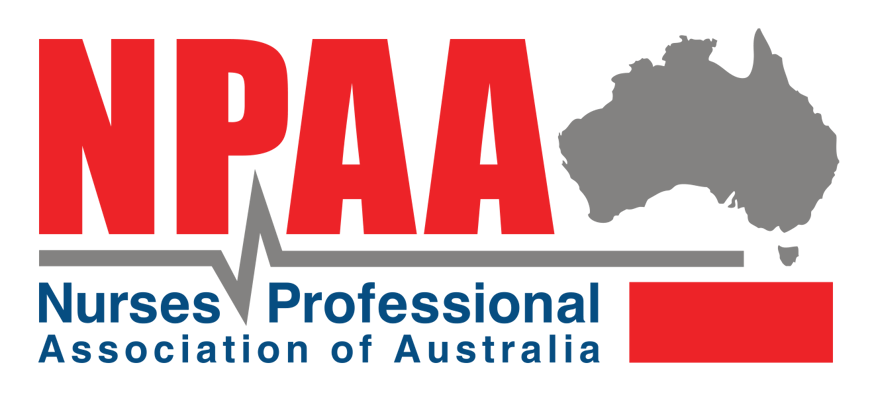4 min read
Why Choice Between Unions Actually Benefits Nurses & Midwives: The Evidence That Changes Everything
By: NPAA on Sep 10, 2025 2:29:28 PM
When critics attack the NPAA for "diluting union power," they're defending a broken monopoly system that's failing Australian nurses & midwives. Here's what the research actually shows.
The Claim: Having multiple nursing unions "dilutes worker power" and makes things worse for nurses.
The Reality: Countries with competitive union systems consistently pay their nurses more than those with monopolies. And the evidence isn't even close.
The Numbers Don't Lie
Let's start with cold, hard facts. The world's highest-paid nurses work in countries where they have choices, not monopolies:
- Switzerland: $107,487 annually (decentralized, competitive system)
- Luxembourg: $98,799 annually (multiple competing organizations)
- Denmark: $88,788 annually (flexible, multi-union structure)
Compare this to monopoly-dominated systems where a single union controls representation, and the pattern becomes clear: choice drives better outcomes.
What the Academic Research Shows
This isn't just correlation—it's backed by rigorous academic research. A comprehensive study from the Mercatus Center found that "decentralized wage bargaining occurs where multiple smaller unions operate independently and has been shown to increase employment and reduce inflation."
Even more damning for monopoly defenders: the same research concluded that monopoly union power "does not translate into better worker outcomes."
Here's why: monopolies—whether any organisation or union—become less efficient and less responsive over time. Without competition, there's no incentive to deliver real value to members.
Germany vs. Italy: Two Systems
Want proof? Look at Europe. Germany's decentralized labor system allows unions to compete and adapt, creating "flexibility in union negotiations so wages can align with regional productivity." Result? High employment even in less productive regions.
Italy, by contrast, has rigid, monopolistic union structures with "uniform wage floors across regions." The outcome? Higher unemployment and worse worker conditions in struggling areas.
The lesson: flexibility and competition create better outcomes than rigid monopolies.
Finland's Healthcare Workers: The Smoking Gun
Perhaps most relevant to Australian nurses is research from Finland on healthcare workers specifically. The study found that decentralized wage bargaining "may enhance mental health through higher earnings, potentially alleviating financial strain."
Healthcare workers—including nurses—did better when they had competitive representation options rather than being forced into monopolistic structures.
Australia's Own Failed Experiment
We don't need to look overseas for evidence. Queensland provides a perfect case study of monopoly failure. Under the previous monopolistic system, real wage growth has barely outpaced inflation. Pay increases have essentially just covered union fee increases despite all the claimed "influence." Since the NPAA was established, wages and conditions have increased in jurisdictions where the NPAA has operated the longest, outpacing jurisdictions where the NPAA is a newer option.
What happens when nurses have no choice? Their "representatives" become focused on themselves rather than member outcomes.
The Economic Logic Is Clear
Think about it logically. In every other part of life, we know competition improves services:
- Telecommunications: Competition drove down prices and improved service
- Airlines: Deregulation created more options and better value
- Banking: Competition led to better rates and customer service
Why would union representation be different?
When the NPAA competes with other organizations, we have to earn your membership every day by delivering real value. Monopolies don't have that pressure—they can coast on mandatory membership. Many nurses and midwives have experienced paying fees to the other union for years, and the one time they needed help… silence.
Addressing the Fear Campaign
Critics spread fear because they're defending a system that benefits union bureaucrats, not nurses. They claim competition "weakens" workers, but the evidence shows the opposite.
Competitive union systems create:
- Higher wages (proven internationally)
- Better responsiveness to member needs
- Better services and representation
- Accountability to members rather than political parties
- Choice for workers with different values and priorities
Monopolistic systems create:
- Stagnant wages (proven across Australia)
- Focus on organizational politics over member needs
- Forced subsidization of political activities you may not support
- One-size-fits-all representation that serves no one well
The Choice Is Yours
The research is overwhelming: nurses in competitive union environments earn more, have better working conditions, and enjoy more responsive representation.
When someone tells you that having choices "weakens" your position, ask yourself: who benefits from that argument? Is it you, or is it the organization that's afraid of having to compete for your membership?
At the NPAA, we believe Australian nurses and midwives deserve what their counterparts in Switzerland, Luxembourg, and Denmark have: the right to choose representation that actually delivers results.
Ready to experience what competitive, accountable union representation looks like? Join the NPAA today and see why tens of thousands of nurses & midwives have already made the switch.
Save $280 every year compared to ALP-registered unions, with none of your dues going to political parties you might not support. Because your representation should serve you, not political agendas.
Sources and Further Reading
This article is based on peer-reviewed academic research including:
- Mercatus Center Working Papers on Union Competition
- Finnish Administrative Panel Data Studies on Healthcare Worker Outcomes
- OECD International Healthcare System Comparisons
- German Institute for Labour Market Research Studies
- Queensland Industrial Relations Commission Data
The NPAA is committed to evidence-based advocacy for Australian nurses and midwives.
Related Posts
NPAA Case Win #1372 - Breaking the Cycle of Workplace Abuse
How NPAa Helped Our Nurse Member Regain Control
Picture this - you wake up every morning, dreading...
Why More Nurses Are Choosing NPAA Over ANMF!
Nurses and midwives across Australia are increasingly reviewing their union membership and the...
NPAA Case Win #1327 Getting Things Done: Staff Ratios
As a nurse, providing care to patients can be both rewarding and challenging.One of the biggest...


